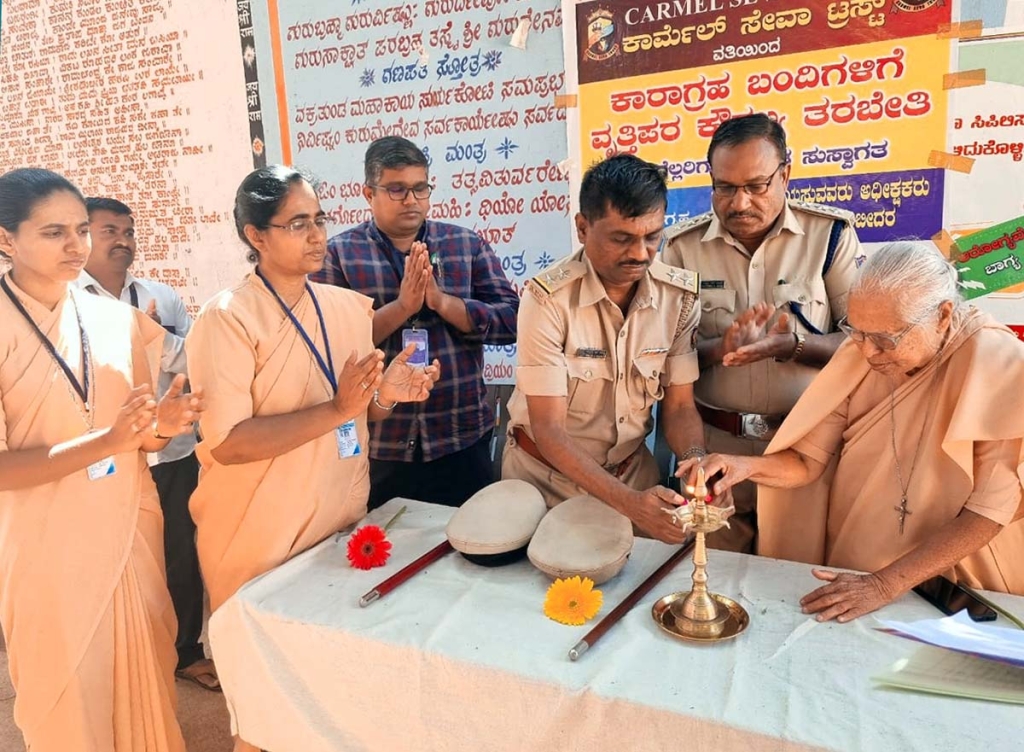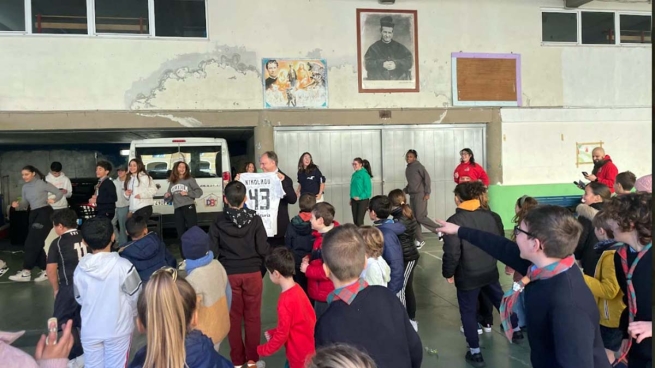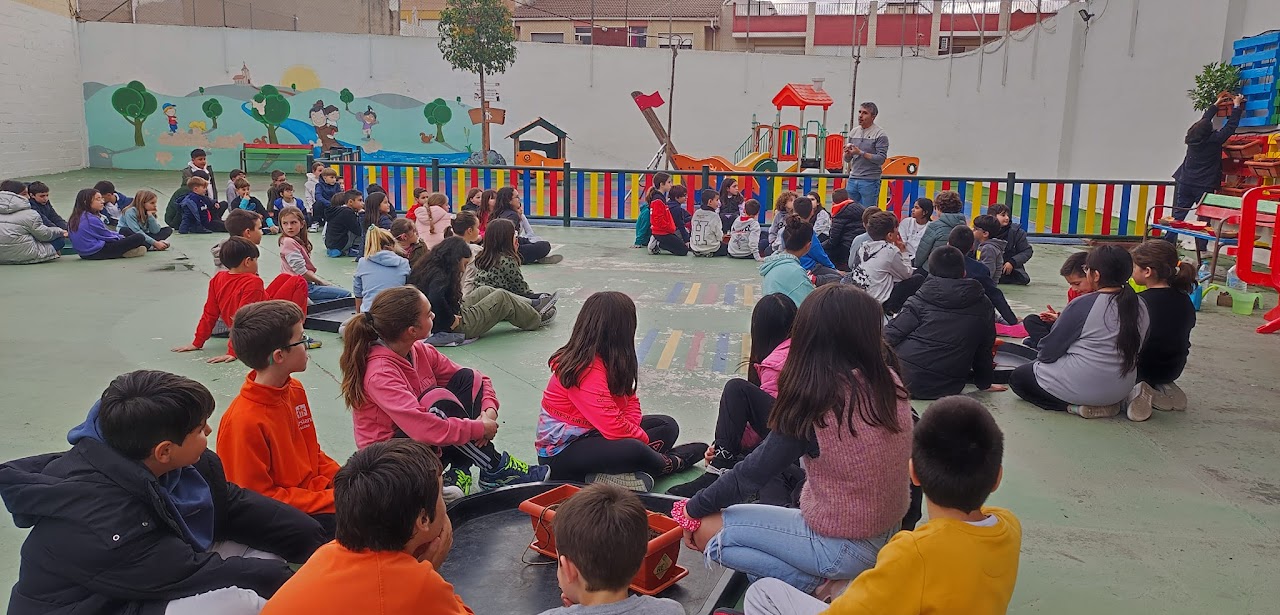GHANA: Don Bosco Boys Home provides for street youth and victims of human trafficking
(MissionNewswire) Salesian missionaries arrived in Ghana 25 years ago and began their work with poor children and older youth and their families. One of the programs they launched was the Don Bosco Boys Home for street children. The program provides shelter, education and social development services for poor youth who have been abandoned, have runaway or are at risk of violence and exploitation. The program is directed by Salesian Father Ubaldino Andrade.
Don Bosco Boys Home, as well as other Salesian programs in Ghana, are focused on providing for the needs of human trafficking victims as well as how to bring about awareness of this issue. According to a 2016 report from the United Nations Office on Drugs and Crime (UNODC), the vast majority of all human trafficking victims, some 71 percent, are women and girls and one third are children. Globally 28 percent of trafficking victims are children, but children account for 62 percent in Sub-Saharan Africa and 64 percent in Central America and the Caribbean.
Don Bosco Boys Home hosts 63 youth right now. Some are from the street or victims of human trafficking and abuse. Others are abandoned by their families and have nowhere else to turn. Don Bosco Boys House was originally set up in 1996 to help children who survive on the streets by bringing groceries to travelers in the local Sunyani markets. Their mission has expanded to meet the local need. According to Fr. Andrade, more than 400 children have been through the center in its 20 years of activity.
“Many have succeeded in realizing their dream of becoming teachers, police, mechanics, carpenters,” says Fr. Andrade. “Some even work in Germany and in the United States through scholarships they were provided to gain a university education and then later employment.”
Ten-year-old Daniel is one of the children at Don Bosco Boys Home and he stands out among his peers for his intelligence. He is never still and rarely pays attention in class, but is the fastest to correctly answer questions. He understands and speaks the English language like no other student. Salesian missionaries who teach Daniel believe he probably would have the diagnosis of attention deficit hyperactivity disorder but there is no such thing in Ghana, In Ghana, Daniel is considered a free spirit that needs to be tamed with patience and without pressure, until he finds the solution that gives him the right motivation.
Daniel grew up in the streets and spent his entire childhood having to take care of himself. His mother has a development disability and was abused for most of her life and was unable to properly care for him. Everything was going well for Daniel until he ran away from the Salesian center three months ago and disappeared for two weeks. He’s back in the program and doing his best to engage with his education.
Salesian programs in Ghana and around the globe provide programs and services for youth like Daniel who have nowhere else to turn. The education at Salesian schools, safe shelter and care by adults in Salesian homes are sometimes the only access youth have to a normal childhood and second chance for hope for the future.
While Ghana’s economy continues to improve, nearly 45 percent of the population lives on less than $1 a day, according to UNICEF. Ghana ranks 139 out of 188 countries on the United Nations Development Program’s 2015 Human Development Index. Rural poverty remains widespread in the dry savannah region that covers roughly two thirds of Ghana’s northern territory. Small-scale farms suffer from a lack of infrastructure and equipment, both of which are needed to shift from subsistence farming to more modern commercial farming which would yield greater incomes and a chance to escape poverty.
###
Sources:
ANS – Ghana – Daniel, a street kid, striking for his intelligence
UN – Report: Majority of trafficking victims are women and girls; one-third children
UNICEF – Ghana




